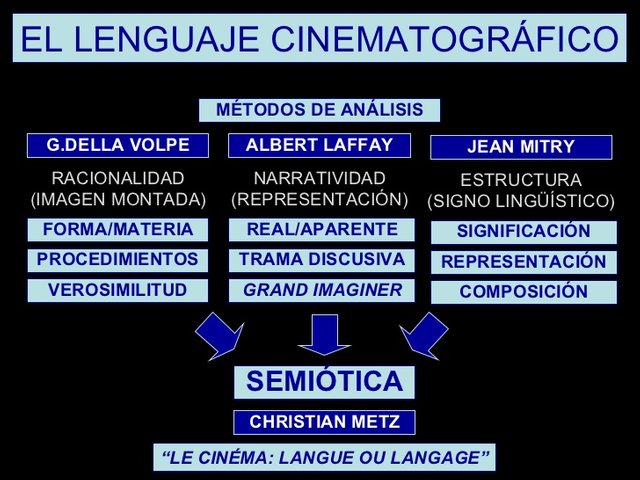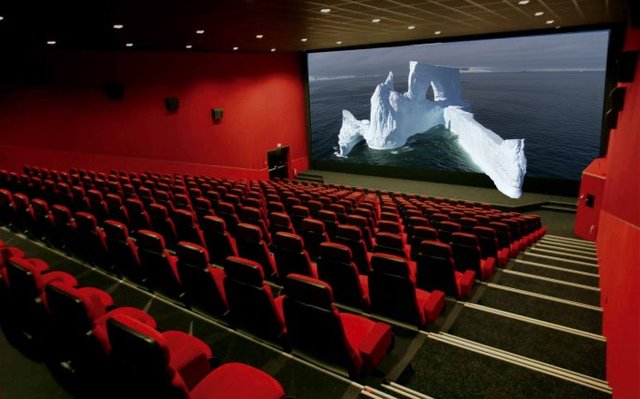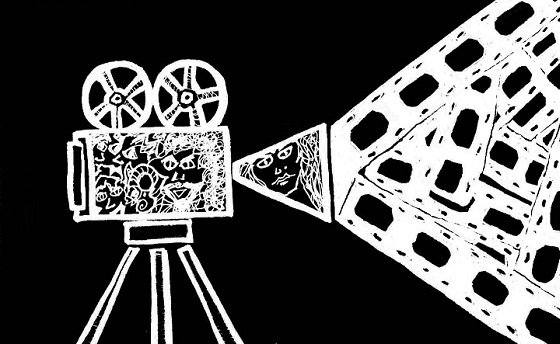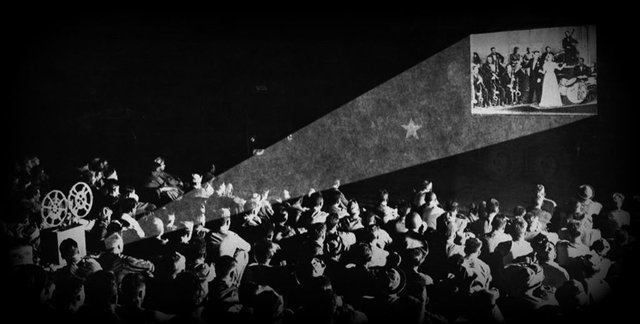n Paris on December 28, 1895 was where the history of cinema began, all thanks to the invention of the Lumiere brothers with their creation of the cinematograph; the first time that people saw something similar was precisely on the date described above, which consisted of a series of images documented of certain work tasks and where they also left the facilities of a train.
with their creation of the cinematograph; the first time that people saw something similar was precisely on the date described above, which consisted of a series of images documented of certain work tasks and where they also left the facilities of a train.
The history of cinema goes far beyond filming films, it is something that over time has transcended in such a way that we have been astonished by all this cinematographic culture and it is there where there is another evolution of cinema which is:
The Star System era was a time when cinema emigrated to other frontiers; it all began when that small film industry was generated in the United States, but there was a detail which was, that at that time, the USA had become a country purely of immigrants, and the works of theaters, the books were exclusively in English, therefore, silent cinema became the main actor of that time.
The Star System era was a time when cinema emigrated to other frontiers; it all began when that small film industry was generated in the United States, but there was a detail which was, that at that time, the USA had become a country purely of immigrants, and the works of theaters, the books were exclusively in English, therefore, silent cinema became the main actor of that time.
Many will think that cinema does not have a language to codify, but they are wrong, cinematography has an endless number of languages that are important for the development of this one and in turn to achieve the rapport that is so much needed by the audience. The techniques to tell the stories changed greatly and all that happened for the simple fact of wanting to transcend a little more time and space. That is why David W. Griffith managed to change cinema forever, leaving an indelible mark with his films The Birth of a Nation and Intolerance, and it was precisely in 1920 when the cinematographic language reached the level they were looking for so much.
In the following image you will be able to see how a distinction is made between the different types of cinematographic languages:
 Source
SourceEach of them fulfills a functionality within the language, and every film student will know what we are talking about, when these great authors have played a preponderant role within the theme of cinema.
Since the mid-twentieth century, cinema in its constant evolution managed to create its own currents, which went from being a classic cinema to being an avant-garde cinema; those avant-garde currents came to break all the molds of what was cinema, in short they questioned everything, because they claimed that cinema had to be modern and with a touch of freshness.
Therefore, with avant-garde cinema it has 3 stages;
Impressionist cinema: It is the cinema that values the naturalness of things, going beyond the natural, the drama. And the psychological language and the narration of emotions is of the utmost importance, and one of its representatives was Abel Gance.
Surrealist cinema: It is the one that arises from the combination of images with what is expressed with feelings, surrealism is represented as an instrument of liberation, a revolution of cinematography. And one of its representatives was Luis Buñuel and Salvador Dalí.
German Abstract Cinema: It is that cinema that played with the subjectivity of art, where reality was nothing more than a symposium to understand certain points, and were above all feelings and emotion play a fundamental role; and his main mentor was Robert Wiene.
That's the end of the first part of this section called The Science of Cinema, hoping it will be to your liking and look forward to the next editions.
Historia del cine
Lenguaje cinematográfico
Corrientes cinematográficas




This post has been voted on by the SteemSTEM curation team and voting trail. It is elligible for support from @curie.
If you appreciate the work we are doing, then consider supporting our witness stem.witness. Additional witness support to the curie witness would be appreciated as well.
For additional information please join us on the SteemSTEM discord and to get to know the rest of the community!
Please consider setting @steemstem as a beneficiary to your post to get a stronger support.
Please consider using the steemstem.io app to get a stronger support.
Downvoting a post can decrease pending rewards and make it less visible. Common reasons:
Submit
Congratulations @timeandmovie! You have completed the following achievement on the Steem blockchain and have been rewarded with new badge(s) :
You can view your badges on your Steem Board and compare to others on the Steem Ranking
If you no longer want to receive notifications, reply to this comment with the word
STOPVote for @Steemitboard as a witness to get one more award and increased upvotes!
Downvoting a post can decrease pending rewards and make it less visible. Common reasons:
Submit
The repetition of some passages twice, shows that you didn't bother to read your own post once!
Downvoting a post can decrease pending rewards and make it less visible. Common reasons:
Submit